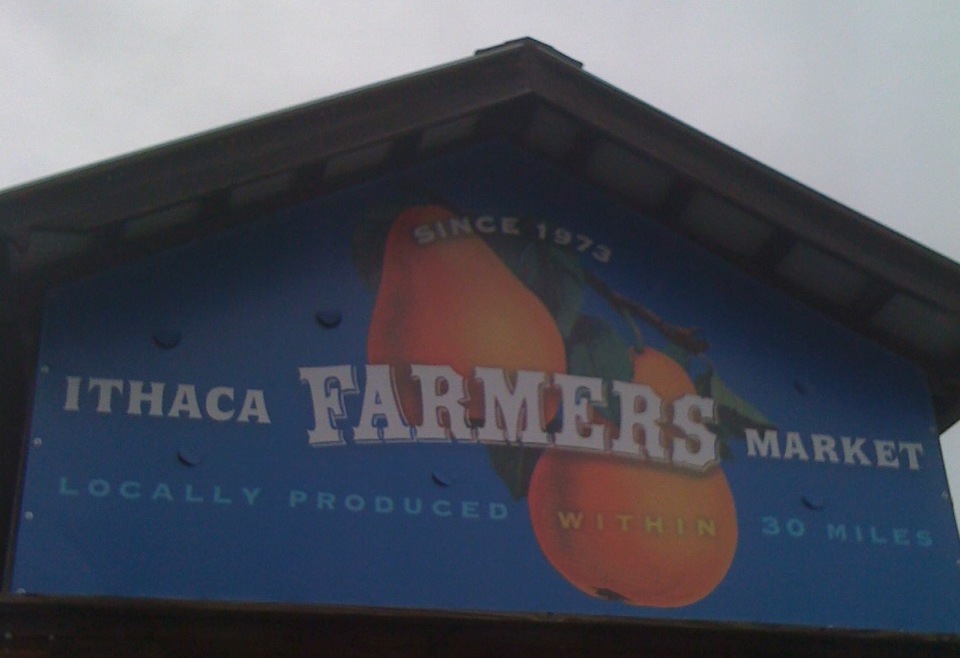 The national conversation on local food systems continues to evolve in complexity, intrigue and now, rigor. On the front page of today’s Chicago Tribune is a story about a University of Chicago geophysics professor who is examining the merits — in carbon intensity terms — of local versus conventional farming.
The national conversation on local food systems continues to evolve in complexity, intrigue and now, rigor. On the front page of today’s Chicago Tribune is a story about a University of Chicago geophysics professor who is examining the merits — in carbon intensity terms — of local versus conventional farming.
Professor Pamela Martin along with graduate student Esther Bowen are examining data focusing on the energy inputs of farms within a 300-mile radius of Chicago. The team has selected a sample size of eight regional farms and will use longitudinal data going three years back. Key performance indicators being measured are aggregated intensity calculations such as yield per acre, energy use per acre and water use per acre.
From The Tribune:
“Her team is still calculating the farms’ energy use — including man hours, fertilizers, water and pesticides — but Martin said preliminary data suggest the organic urban farms in her study were at least as productive as conventional farms. Rural sustainable farms (those using organic or similar practices) yielded about half to 85 percent of the produce as conventional farms in the first year of data, she said, “but they might also use half the energy. We just don’t know yet.”
Most experts believe the close to to 90% of the energy required to produce a crop or an animal protein is consumed inside the fence, debunking Michael Pollan’s infamous “food mile” debate. There is a superb op/ed published this summer in The New York Times by historian Stephen Budiansky that makes this case. But the fostering of local food systems offers risks and rewards that go well beyond energy efficiency. Chefs and savvy urban LOHAS consumers notwithstanding, local food drives knowledge about the how and the why of agricultural production. For a criminally obese nation with no real food culture beyond a love of Happy Meals, this is a net positive.
Perhaps awareness and education are the most valuable elements of the locavore movement. It will be fascinating to look at the results of the U of C study, but while I expect conventional farms to produce food more efficiently than smaller, local farms, the local food system debate will continue to enrich our nation’s debate through increased passion and information. The key question: Will consumer demand for local food be affected in the long-term?





